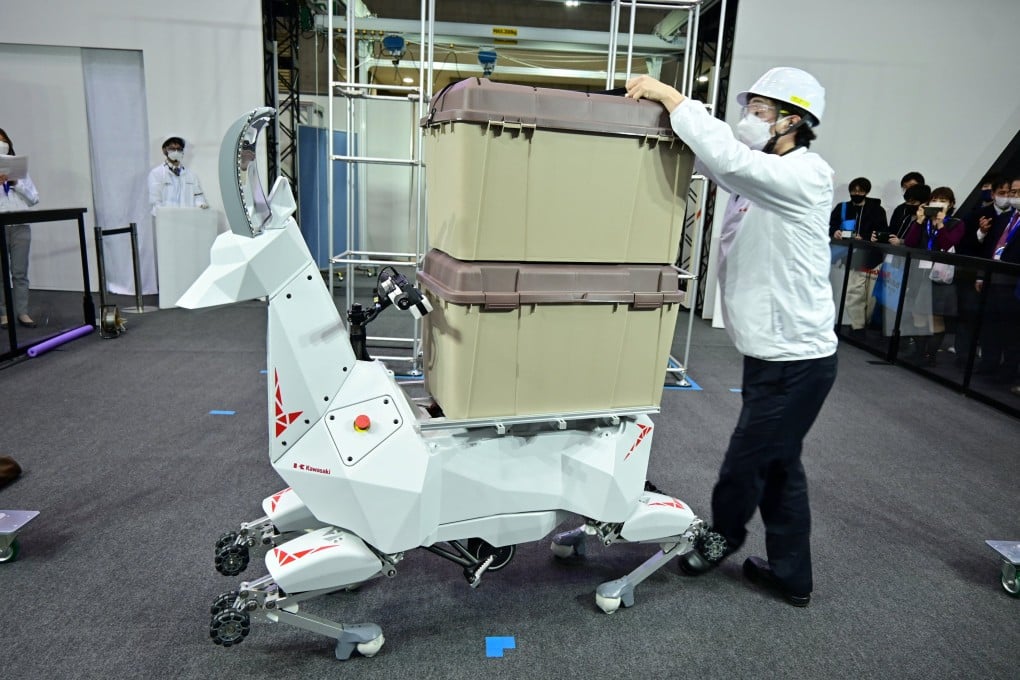The View | As the industrial metaverse grows, the platform must remain open and available
- More companies are collaborating to explore how the technology can make operations more efficient, which could form the building blocks of the next-generation internet
- Just as the internet allows information and innovations to be shared across borders, the world will benefit most from having an open metaverse

But behind the furore over NFTs, engineers and hardware developers have quietly been developing their own version of the metaverse, which could ultimately become one of the building blocks of the next-generation internet.
Talk of the metaverse has faded into the background in part because the early months of 2022 have looked less than rosy for both the broader economy and big tech, driven by a deepening gloom in China and the US. Amid a broader tech sell-off, metaverse stocks have slumped. Roblox, a gaming company, has seen its stock price drop to just one-fifth of its all-time high in November last year after profits fell short of expectations.
Even so, the metaverse could follow a path similar to the internet in the 1980s, which was built in bits and pieces, starting with connections between a few hundred government and research organisations. Like the early internet, the core technologies are there but don’t fully succeed at integrating the real and virtual worlds yet.
That is pulling some companies to a corner of the virtual world where prospects look more promising: the industrial metaverse. It is a mix of technologies, from the internet of things to digital twins that serve as a virtual replica of a real-world object, but broadly, the industrial metaverse aims to help industry function more efficiently by enabling key functions to be carried out digitally.
One of its proponents is Microsoft, which has been part of the metaverse pivot. Late last year, it was promoting its 3D avatar concept for Microsoft Teams.
